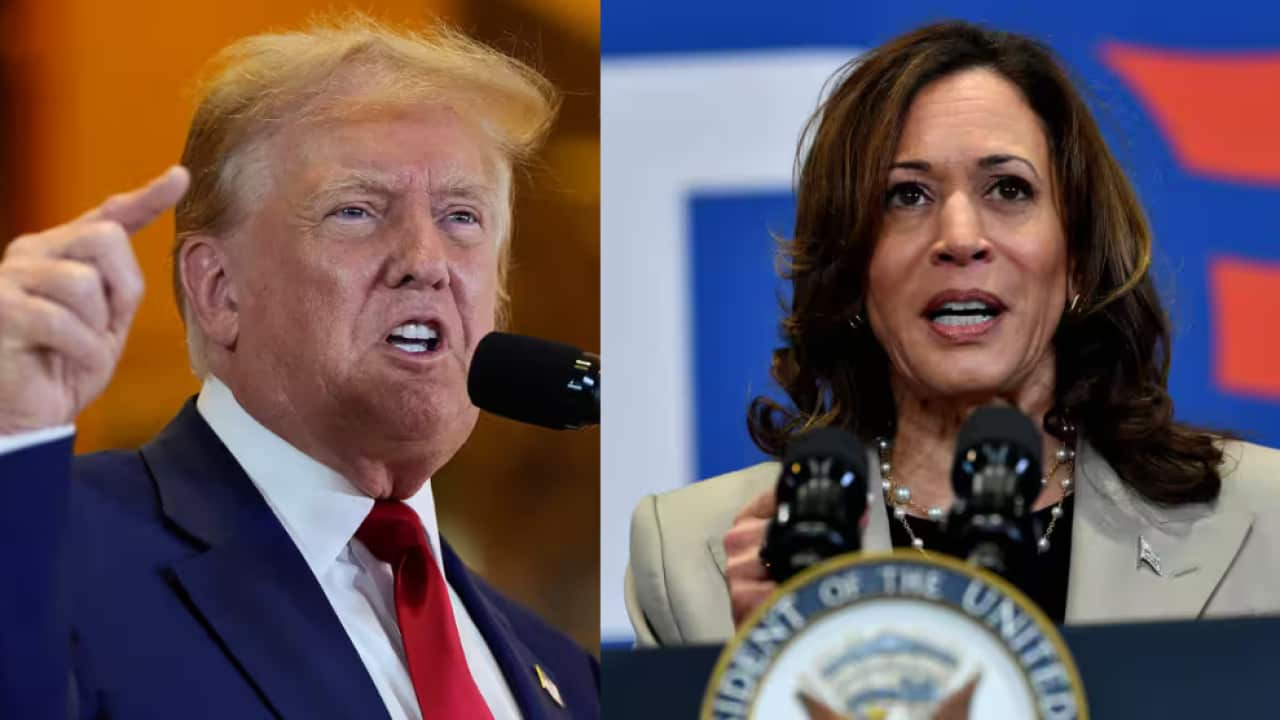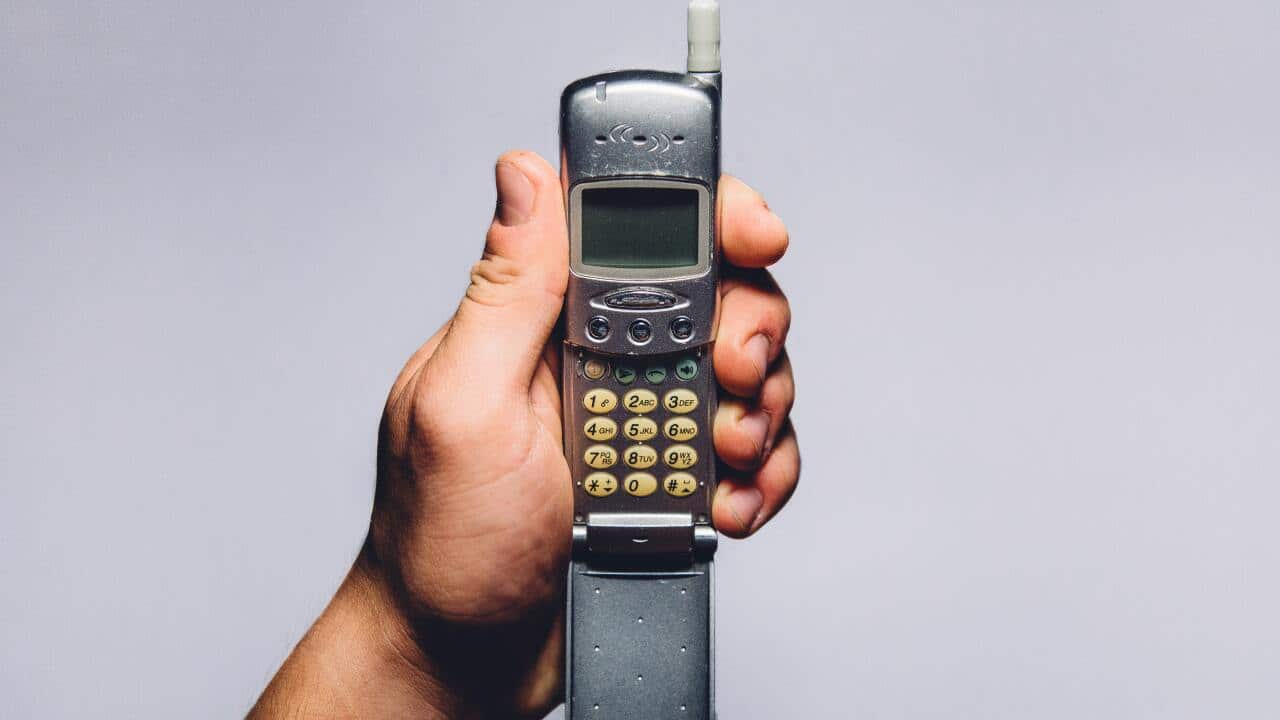Highlights
- Fully vaccinated parents of Australian citizens and permanent residents were able to enter Australia from November last year
- People over the age of 60 who have been dosed with Chinese vaccine Sinopharm are not considered fully vaccinated by Australian authorities and therefore cannot enter the country
- From February 21, travellers did not need to have their relationship with their adult Australian children confirmed before travel
For many Australians from Asian countries, Lunar New Year is just like Christmas, a time for family reunions and an abundance of good food.
But the occasion was marked by disappointment and sadness for some families from mainland China, including Melbourne resident Louisa Tong.
Ms Tong witnessed other joyful reunions while her own mother, who she hasn’t seen since February 2020, spent the New Year alone in China and separated from her family in Australia.
That’s because she has received a double dose of China’s Sinopharm vaccine, which is only approved by Australia’s Therapeutic Goods Administration (TGA) for those under the age of 60.
Ms Tong’s mother is 64.
“My mother has never been separated from me for this long,” says Ms Tong.
The caveat in Australia’s list of entry requirements has left some Chinese community members in Australia confused and frustrated, with some missing flights and losing hope of reuniting with their overseas-based parents anytime soon.
The emotional rollercoaster
Ms Tong and her family were hopeful when the Australian government announced in October last year that parents of permanent residents and citizens could enter the country without quarantine. Soon after she learned that only China’s other widely used vaccine Sinovac had been recognised in Australia for all age groups.
Soon after she learned that only China’s other widely used vaccine Sinovac had been recognised in Australia for all age groups.

Ms Liu and her family. Source: Ms Liu
Ms Tong reacted immediately by preparing her mother’s travel documents and flight arrangements when Sinopharm was “unexpectedly” approved more than a fortnight later.
I wanted my mother to be here with us in time to celebrate the New Year.
But just before buying a plane ticket, the airline had alerted Ms Tong to Sinopharm’s age limitation.
“We went from feeling high to very low. My mum had been looking forward to seeing us. It’s a sad reality for us and the elderly,” Ms Tong says.
Her mother is allowed in Australia if she completes hotel quarantine.
But Ms Tong says the arrangement isn’t suitable for everyone.
“For the elderly, being quarantined is like house arrest. There’s a language barrier, food you’re not used to as well as the physical and mental torture,” she says.
Gates closed, ‘go home’
Australia’s vaccine policy has caused confusion for many more Chinese families such as Melody Meng's whose children aged four and one have grown up largely without the presence of their grandparents.
There was one attempt made to fly to Australia.
Ms Meng's parents arrived at a Chinese airport in November last year, ready to check-in before they were denied boarding for failing to meet all of Australia’s travel requirements.
Ms Meng said she had made every effort to get an all clear by calling each relevant Australian department before her parent’s departure date.
“I contacted the immigration department, the stage government ... I also contacted Cathay Pacific.”
“What I was not told was that only Australian permanent residents and citizens were able to quarantine,” she says.
Airline staff did say to her that there was a way for non-citizens and residents to board an Australian-bound plane, but the chances equaled to “winning the lottery.” Her elderly parents eventually watched their flight’s gate close and headed home when they realised they were the only ones left behind.
Her elderly parents eventually watched their flight’s gate close and headed home when they realised they were the only ones left behind.

Melody Meng's family. Source: Melody Meng
Confusion over access to quarantine facility
For other Chinese community members living in Australia, the need to reunite with loved ones has been more pressing.
When Ms Liu’s father died of lung cancer in 2021, she felt the Australian government had finally opened the gates for her to reunite with her 64-year-old mother living in Shanghai.
Ms Liu was aware of Sinopharm’s restricted recognition in Australia but believed her mother could gain entry into if she was willing to go through hotel quarantine.
“I called Cathay Pacific and two weeks later they issued a quarantine allocation number to me.”
This gave Ms Liu peace of mind when she proceeded to immediately buy her mother a plane ticket.
On the day of the flight’s departure, Ms Liu’s mother was also denied boarding at the airport.
She was told she had the wrong visa (subclass 600) and that visitor visas were not recognised as part of the quarantine pathway to Australia.
Feeling deflated, Ms Liu’s mother had to miss her flight and drag her luggage back home.
No power to choose vaccine type
Many of those in China contacted by SBS Chinese said they were not given the choice which vaccine they were administered.
Some over the age of 60 have had their vaccines organised through local communities or workplaces.
After being denied entry to Australia, Ms Meng says she doesn’t agree with the TGA’s definitions of an approved vaccine.
“As far as I know, neither the US nor the UK have such a rule, only Australia.”
WHO recognises Sinopharm for all age groups as it requires vaccines to be at least 50 per cent effective.
But the TGA states that Sinopharm’s vaccine effectiveness against severe infection and hospitalisation is six per cent lower than Australian-approved vaccines.
It recognises the vaccine for people 59 years and under due to the of severe disease and hospitalisation in young people contracting Covid-19 compared to older cohorts.
From January 17, the TGA recognised China’s other widely used vaccine Sinovac for the purpose of travel to Australia.
It recognised that Sinovac had an average vaccine effectiveness against symptomatic infection of 64 per cent and 90 per cent against hospitalisation.
All age groups with the Sinovac vaccine are permitted in Australia.
Pain of waiting
The Australian government started allowing foreign parents of Australians citizens and permanent residents entry into the country from November last year.
But those with parents over 60 with the Sinopharm vaccine will have to wait a little longer.
Ms Tong says she feels for overseas-based parents who aren’t self-sufficient and would normally be taken care of by their adult children.
For some, the higher cost of travel during a pandemic is not the barrier.
“The price of the plane ticket is no longer important.”
"If Australia one day allows people over 60 with Sinopharm to come over, I’ll buy my mum a ticket the very next day,” she says.




